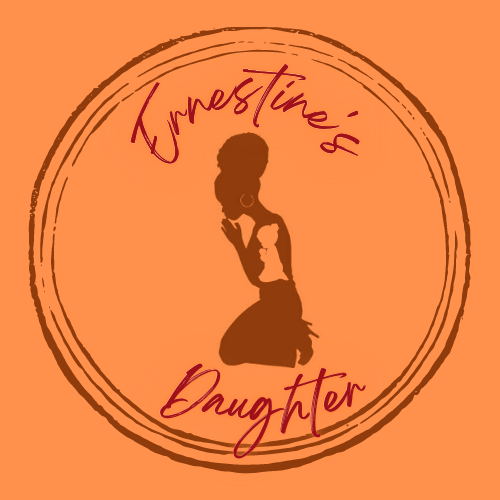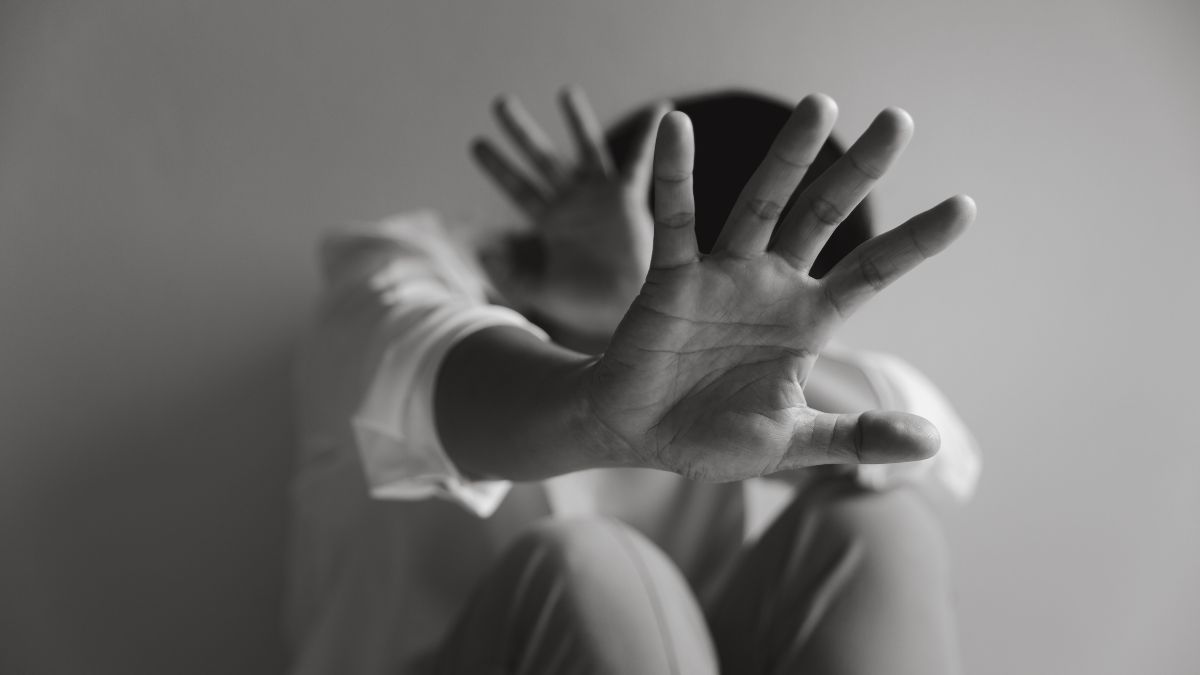Growing up in Chicago, abuse was the norm.
My friends and I routinely witnessed violence and we experienced it for ourselves. As a young girl I remember thinking, at least the prostitutes are being paid — when I get abused, I have nothing to show for it.
That perspective led to me being purchased at age 14. After 25 years of being trafficked between pimps across the Midwest, I fought to get out and now, all these years later, I fight to help other young Black girls who are caught in the cycle of degradation and exploitation.
It is with those girls in mind, girls who deserve to have better choices than getting paid for the abuse they would suffer anyway, that I come together with Rights4Girls and others to call on elected officials in Illinois and Illinois residents to rethink this long held notion that selling sex is empowering.
The danger here is not just a few misguided opinions.
There is a movement that is gaining steam around the country to decriminalize the sex trade entirely — including buyers, pimps and brothels. This policy would not just harm the community at large, but it would fall hardest on Black and Brown girls given they already are disproportionately impacted by sex trafficking across the country.
Black women and girls make up a staggering 40% of the women trafficked in this country, while 24% are Latina. We also know that LGBTQIA+ individuals, especially trans women of color, are also overrepresented in the sex industry. And it is these women who are far more likely than White people to be arrested for prostitution-related crimes.
But the common narratives around women in the sex trade are often dominated by young, progressive, white women who want to make additional income. Allowing the conversation around decriminalization to center the experiences of privileged women erases the dominant narrative of women of color who are not there willingly. For every woman who claims it’s her body and her choice to sell sex to make a little extra money there are scores of young Black girls in situations where they have no choices at all.
People who support full decriminalization say they want to remove the risk of arrest from those who sell sex — many of whom are being sex trafficked, are struggling with addiction, or have no other financial option to survive.
I agree.
People selling sex need support; not arrests and forced police interactions. More importantly: the people who exploit them need to be held accountable for the violence they inflict.
If we decriminalize the sex trade entirely, these young people will be at even greater risk.
Trafficking exists because there are not enough people to willingly sell sex. If we decriminalize the whole industry, more people will buy because there will be less risk for buyers. More people, including children — because that’s what the market wants — will be lured or coerced into selling their bodies. Traffickers know where to find them, in neighborhoods that are struggling with generational poverty and high rates of violence, neighborhoods that are filled with Black and Brown girls and other vulnerable youth.
It is past time to decriminalize and offer support and services to survivors.
But there is no good reason to decriminalize those who exploit us — the pimps, sex buyers and brothel owners, whose faces we see in nightmares for years to come.
Thankfully there’s a solution that’s widely supported by survivors: The Justice Model — a partial decriminalization approach that decriminalizes and offers protection to those that sell sex while maintaining laws against pimping, brothels and purchasing.
This past summer, Maine became the first US state to adopt this model and Massachusetts and New York introduced legislation. Illinois has an opportunity to be a leader in the Midwest by putting survivors first and ensuring no one is punished for the abuse they’ve suffered. It’s the true progressive way to bring about meaningful change in the lives of those who need it most.
Brenda Myers-Powell is a Member of the U.S. Advisory Council on Human Trafficking and founder and CEO of Ernestine’s Daughter, a survivor-led program serving trafficked women and girls in Chicago.
The opinions expressed in this column are the writer’s and do not necessarily reflect those of The Chicago Defender.

